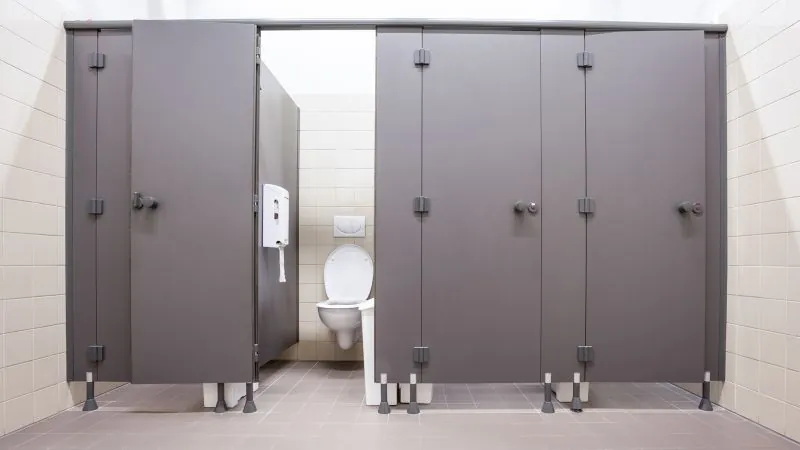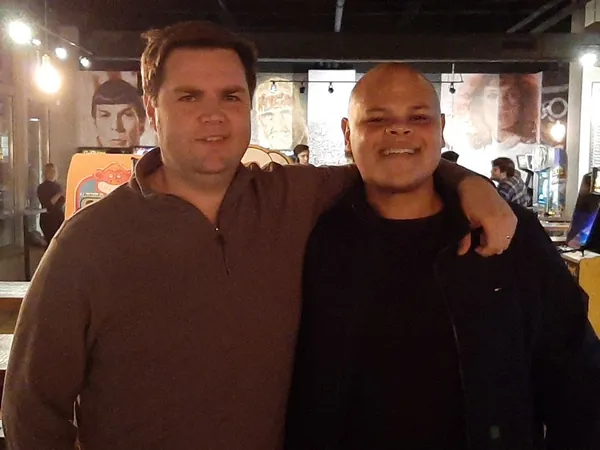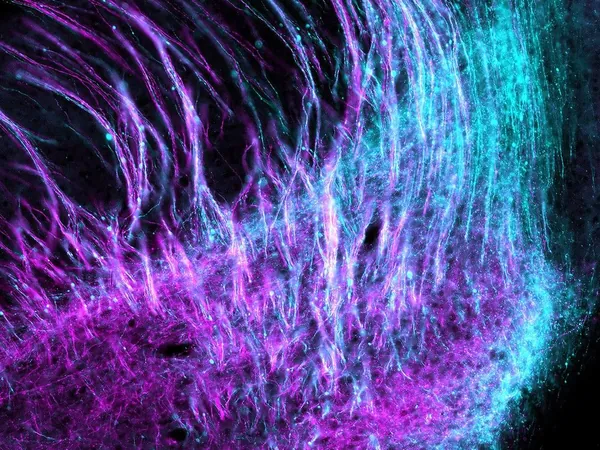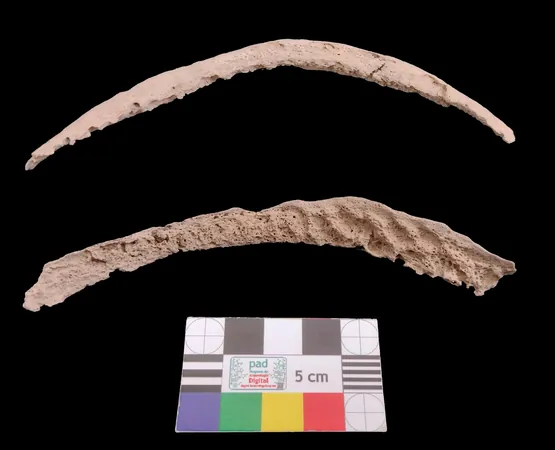
New Microfluidic Device Could Revolutionize Cancer Treatment by Predicting Tumor Aggressiveness Through Shape
2024-12-18
Author: Olivia
Introduction
Researchers at the University of Toronto’s Faculty of Applied Science & Engineering have unveiled a groundbreaking microfluidic platform that has the potential to transform how we predict the behavior and aggressiveness of cancer cells.
This innovative device, named the Recoverable-Spheroid-on-a-Chip with Unrestricted External Shape (ReSCUE), allows for unprecedented levels of control over tumor shape, a factor that has largely been overlooked in cancer research until now.
Research Leadership
Led by associate professor Edmond Young, the ReSCUE platform permits researchers to recover and manipulate "tumoroids"—three-dimensional clusters of cancer cells derived from actual patients.
This feature is crucial as it allows further analysis and characterization of these cells in ways that were not previously possible.
Limitations of Current Systems
Sina Kheiri, a co-lead author of the study published in *Advanced Materials*, emphasized the limitations of current in vitro modeling systems.
"While there are various platforms to study spheroids, controlling their shape and location poses a significant challenge," he explained.
With many existing models, researchers face the frustration of studying tumors that are bound to their devices, restricting the insights they can glean from optical microscopy.
Cultivation of Diverse Shapes
One of the most remarkable aspects of the ReSCUE platform is its capability to cultivate cancer organoids in diverse shapes, moving beyond the traditional spherical models.
This is particularly significant because tumors in real life can exhibit a variety of shapes.
For example, in a recent analysis of 85 breast cancer patients, only 20% of tumors were spherical, underscoring the need for more varied modeling approaches.
Shape's Influence on Cell Behavior
Kheiri's doctoral research highlighted how tumor shape influences cell behavior significantly.
In collaboration with chemist Eugenia Kumacheva, who developed a biomimetic hydrogel scaffold for the ReSCUE platform, they created a realistic environment for patient-derived cancer cells to grow and behave like they would in the human body.
Impact of Shape
Remarkably, Kheiri first noticed the impact of shape on cancer behavior during experiments optimizing the microfluidic design.
By experimenting with different well shapes, he discovered that elongated, rod-like forms encouraged tumor cells to grow in elongated structures, while spherical wells did not showcase the same cellular behaviors.
Research Findings
In their extensive studies, the research team experimented with disk-, rod-, and U-shaped tumoroids.
Their findings revealed that tumor cells showed increased activity and proliferation in areas with positive curvature, which might correlate with more aggressive cancer cell behavior.
Implications for Cancer Treatment
This insight lays the foundation for predicting tumor aggressiveness and informing targeted treatment strategies, including advanced options like precision radiation therapy and selective drug delivery.
Kheiri, now based at MIT as a postdoctoral researcher, continues to collaborate with Young's lab, which has already filed for a U.S. patent and is eager to expand on their findings.
Future Enhancements
Future enhancements to the ReSCUE platform aim to incorporate complex features, such as surrounding blood vessels, which would further mimic the tumor environment and improve drug testing accuracy.
Conclusion
As Young optimistically puts it, "The addition of these features will allow us to create even more realistic models, ultimately helping researchers gain deeper insights into cancer biology and improve treatment responses." This revolutionary platform could soon pave the way for a paradigmatic shift in personalized and effective cancer therapies, promising a brighter future in the war against cancer.









 Brasil (PT)
Brasil (PT)
 Canada (EN)
Canada (EN)
 Chile (ES)
Chile (ES)
 España (ES)
España (ES)
 France (FR)
France (FR)
 Hong Kong (EN)
Hong Kong (EN)
 Italia (IT)
Italia (IT)
 日本 (JA)
日本 (JA)
 Magyarország (HU)
Magyarország (HU)
 Norge (NO)
Norge (NO)
 Polska (PL)
Polska (PL)
 Schweiz (DE)
Schweiz (DE)
 Singapore (EN)
Singapore (EN)
 Sverige (SV)
Sverige (SV)
 Suomi (FI)
Suomi (FI)
 Türkiye (TR)
Türkiye (TR)